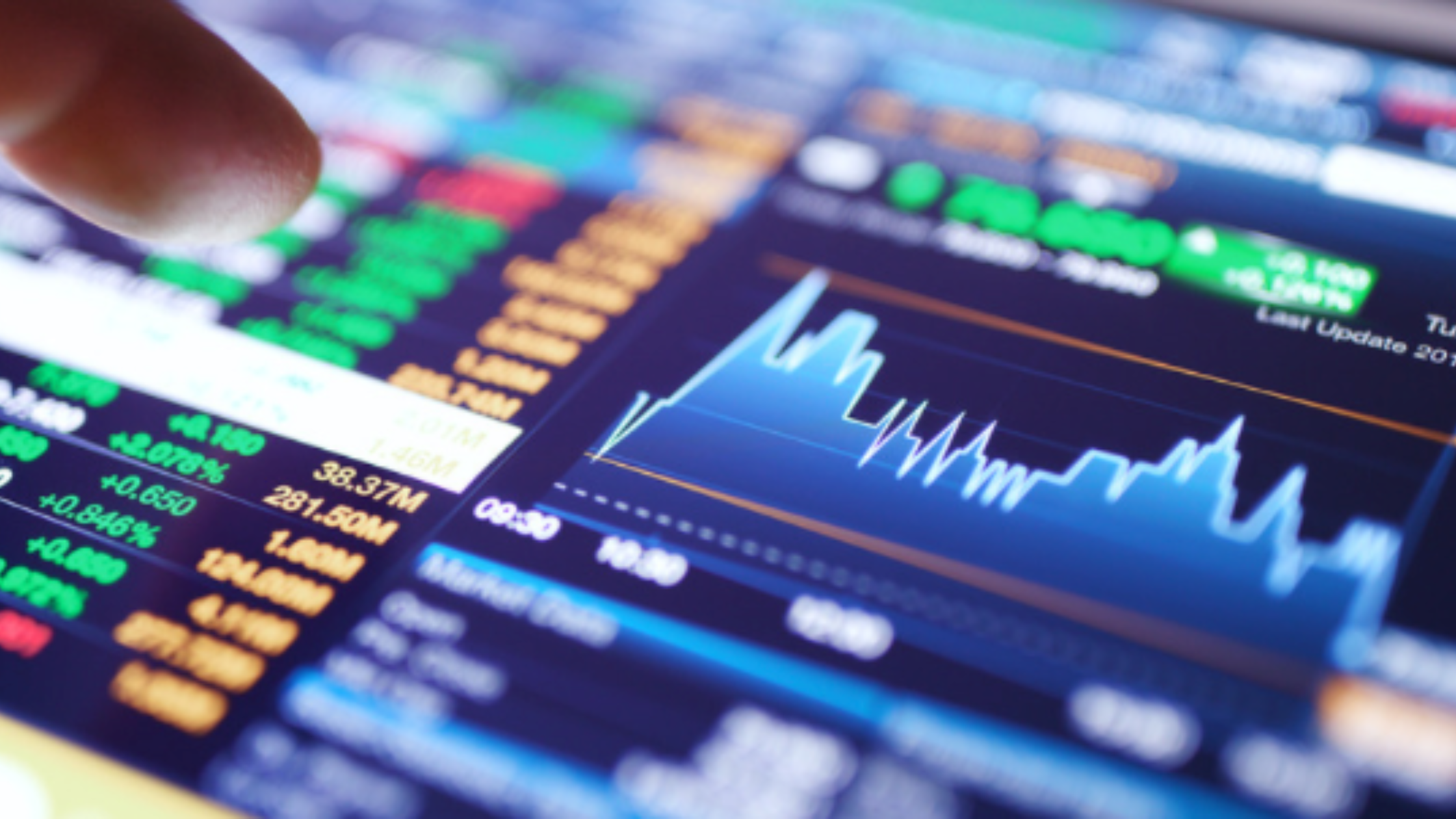London Stock Exchange: A Cheat Sheet for New Investors
February 16, 2022

Globally, stock markets have come under pressure from a sell-off from in high-valuation technology stocks as the US Federal Reserve looks to hike interest rates.
That’s all been caused by one thing; rising inflation. But certain stocks can still perform well in this environment.
These include stocks in Europe, and more specifically the UK. That market is home to the London Stock Exchange (LSE).
The exchange operator is itself listed – as London Stock Exchange Group PLC (LSE: LSEG) – while London’s stock market is one that hosts many “old economy” stocks, such as oil & gas companies, banks and tobacco firms.
Given investors are supposed to witness a market rotation into so-called “value stocks” this year, it’s worth understanding the facets of the London Stock Exchange.
So, here’s a quick cheat sheet for investors interested in buying stocks listed on the London Stock Exchange.
Trading hours
Being aware of a stock market’s trading hours are important for any market you want to buy stocks in.
In the LSE’s case, the exchange’s trading hours are from 08:00 to 16:30 (local time) daily. Unusually, its trading hours are longer than a lot of other global stock markets.
Remember that for Singapore-based investors, we are currently eight hours ahead of London – so trading hours expressed in SG time would be 16:00 to 00:30 daily.
However, with daylight saving time starting in late March, this time difference will be cut to seven hours. For investors, it’s worth keeping track of that when clocks do go back/forward twice a year in the UK.
Trade settlement
With US stock markets, such as the New York Stock Exchange, the time between when a buyer and seller of shares receive the money/stock in hand is two days.
Commonly this is referred to as the “transaction date + two business days”, or T+2.
Fortunately, the LSE follows exactly the same trade settlement calendar so investors won’t have to worry about any differences there.
Minimum lots
In Singapore and Hong Kong markets, investors will know about “board lots”. This system makes some companies’ shares prohibitively expensive as you must buy, for example, a minimum of 100 shares.
However, the LSE (like US exchanges) allows individual investors to purchase single shares of companies listed on its exchange.
While you can’t buy/sell fractional shares – as is increasingly common in the US – the ability to purchase single shares is still a huge advantage for investors looking to invest overseas.
International stocks
Since London is in an ideal place (geographically) between Asia and the US, it’s in a prime position to overlap both regions’ trading hours.
As a result, there are some heavyweight international stocks that have a secondary listing on the LSE.
These include companies such as auto giant Toyota Motor Corporation (TYO: 7203) (LSE: TYT) and Korean electronics behemoth Samsung Electronics Co Ltd (KRX: 0005930) (LSE: BC94).
ETFs and dividend withholding taxes
Beyond that, though, it’s in the space of exchange-traded funds (ETFs) that investors can find the best value.
That’s because a lot of Irish-domiciled ETFs – which benefit from a dual taxation treaty between Ireland and the US – are listed on the London Stock Exchange.
The key difference between these and the ones listed (and domiciled) in the US is the dividend withholding tax.
For long-term investors that matters if dividends are automatically reinvested over long periods of time. Ireland-domiciled ETFs have a dividend withholding tax of only 15% versus the usual 30% withholding tax on US-listed ETFs.
Global companies
Finally, there are a host of global companies listed on the benchmark FTSE 100 Index, which represents the largest 100 companies (by market cap) listed on the LSE.
Some of these are your more traditional “old economy” companies such as oil & gas giant Shell PLC (LSE: SHEL) or tobacco firm British American Tobacco PLC (LSE: BATS).
However, there are also global consumer good firms, like Unilever PLC (LSE: ULVR), listed in London as well as alcoholic drinks giant Diageo PLC (LSE: DGE).
These are global companies with generate a lot of their revenue from overseas.
In a way, that’s also why the “Footsie” is considered more a barometer of the global economy rather than the local UK economy.
Look to Europe for options
The past decade and a half haven’t been kind to European stock markets (including the UK’s) since the Global Financial Crisis (GFC).
However, with inflation rising and many of these “old economy” stocks now outperforming on rising inflation and interest rates, now could be an ideal time to think about diversification – for either your stock or ETF portfolio.
Disclaimer: ProsperUs Head of Content & Investment Lead Tim Phillips doesn’t own shares of any companies mentioned.

Tim Phillips
Tim, based in Singapore but from Hong Kong, caught the investing bug as a teenager and is a passionate advocate of responsible long-term investing as a great way to build wealth.
He has worked in various content roles at Schroders and the Motley Fool, with a focus on Asian stocks, but believes in buying great businesses – wherever they may be. He is also a certified SGX Academy Trainer.
In his spare time, Tim enjoys running after his two young sons, playing football and practicing yoga.







